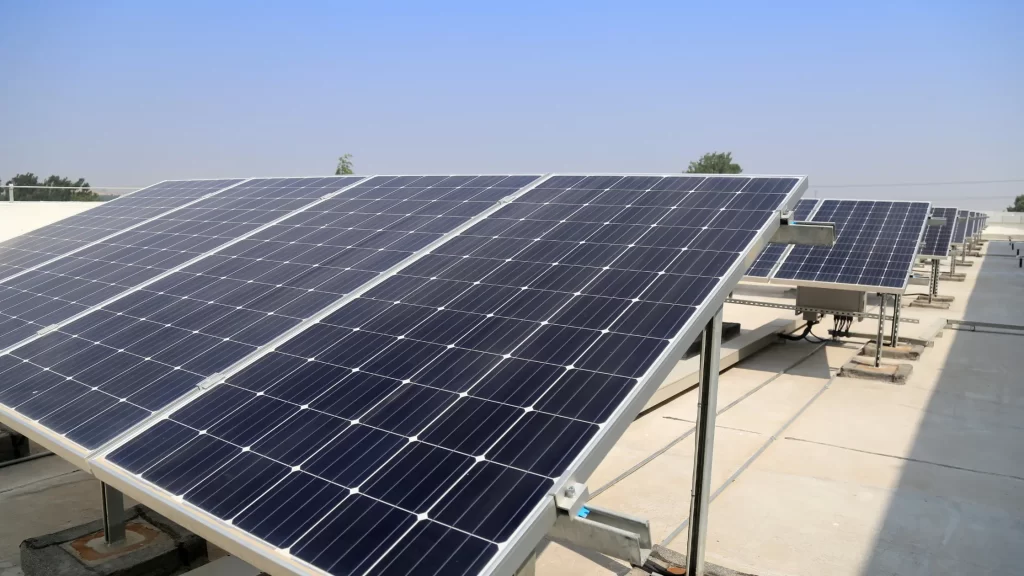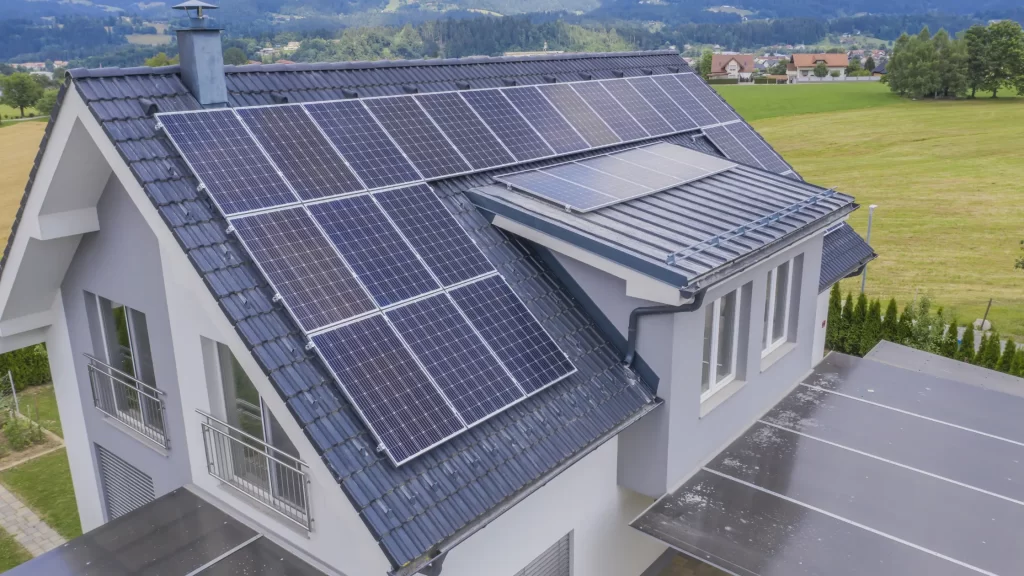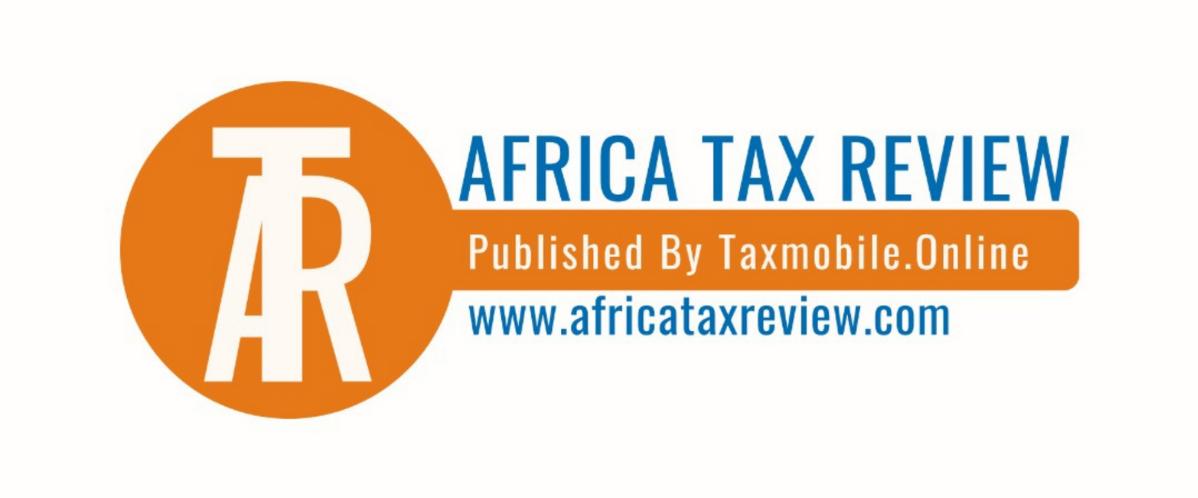
- Stakeholders in the solar industry appeal to the Zambian government for tax waivers.
A recent development from taxation in Zambia has it that despite the government scrapping duties on lithium batteries, the 16% Value Added Tax (VAT) imposed is still said to be costly.
It is because of the existing tax regime that the Solar Industry Association has appealed to the New Dawn administration to discard taxes on solar batteries.
This appeal was recently made in anticipation of the 2023 national budget presentation which will be made by the Finance Minister, Situmbeko Musokotwane on Friday, 30th September 2022.
The finance minister said that the administration has exempted Leadacid from VAT and duty because it is obsolete technology and that Lithium Iron phosphate, (LiFePO4 or LFP) batteries, maybe the standard battery chemistry for solar applications.

Taxation in Zambia: Rationale for the Demand
While pointing out ways in which the new technology is better, he explained that, unlike lead-acid batteries, Lithium Iron Phosphate batteries require neither maintenance nor ventilation. They are also more durable, can withstand deeper cycles, and has a larger energy density.
Situmbeko stated that even though these batteries are costly, their increased efficiency may help one spend less per kilowatt-hour of capacity over the battery’s lifetime.
He mentioned that lithium batteries are so advanced that they have internal battery management systems which manage the battery cells and can digitally regulate inverter charging or discharge parameters making sure that the battery works according to manufacturer specifications.
He continued that through the execution of earlier national development plans, which included the introduction of incentives for solar equipment, Zambia has made significant progress towards accomplishing the socio-economic development objectives of Vision 2030 in the energy sector.
The finance minister stressed the importance of energy as an accelerator for economic progress. He stated that Zambia as part of its efforts to ensure that everyone has unlimited access to inexpensive, reliable, sustainable, and advanced energy services has aligned its vision with SDG7.
He however noted that the existing duty fees imposed on lithium impede realizing the electrification rate of 51% in rural areas and 90% in peri-urban and urban areas.
In the end, he implored the government to consider making lithium-ion batteries not only VAT-free but also duty-free for residential and commercial solar systems.
Follow us on Twitter for more update
The information contained herein is general and is not intended, and should not be taken, as legal, accounting or tax advice provided by Taxmobile.Online Inc to the reader. This information remains strictly the opinion of Taxmobile.Online Inc.
The reader also is cautioned that this material may not apply to, or suitable for, the reader’s specific circumstances or needs, and may require consideration of other tax factors if any action is to be contemplated. The reader should contact his or her Tax Advisers before taking any action based on this information.
All rights reserved. No part of this document may be reproduced, retransmitted or otherwise redistributed in any form or by any means, electronic or mechanical, including by photocopying, facsimile transmission, recording, rekeying, or using any information storage and retrieval system, without written permission from Taxmobile.Online Inc.

